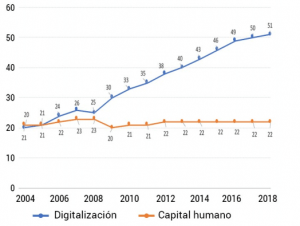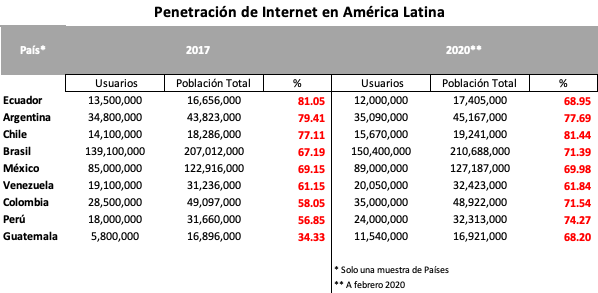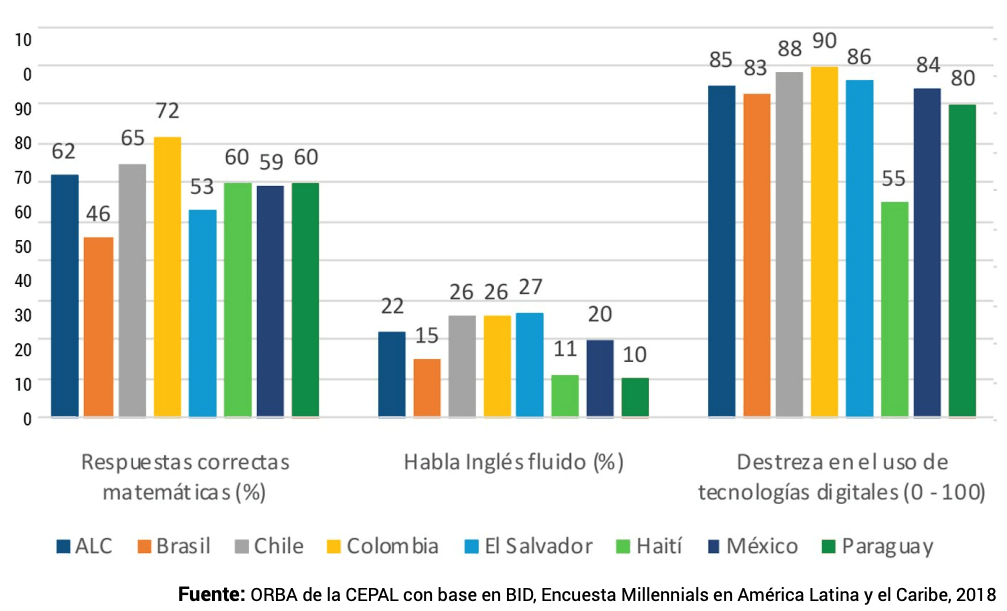Quo vadis? Homo digitalis

Chapter 16. Human Resources
ICT as a Strategic Tool to Leapfrog the Efficiency of Tax Administrations
If by any chance we count on your regular views of the CIAT blog, undoubtedly you may have noticed that lately our conversation has been focused on several common elements, such as crisis, uncertainty, opportunity and technological challenges for the Tax Administrations (among others). This responds to our explicit intention of projecting the results of an important effort such as the ICT as a strategic tool to leapfrog the efficiency of tax administration. However, if this is your first time in this direction, it is more than preferable that we invite you to carefully examine our flagship.
Now then, part of these discussions includes the reflections relative to the human talent and its interaction within the TAs with the technological resources, since it is necessary to understand that technological innovations also change the rules of the game for the individuals within our institutions. Therefore, we must develop their competencies, in order that they may adequately apply the different ICT platforms to their daily functions.
In Chapter 16, we considered this topic from two variables; the aging of the individuals in the TAs and the development of individuals qualified in ICT within them.
This time I would like to pause within the context of Latin America, where these two problems are present. Within the framework of the quarantine and social distancing, we have witnessed how a series of already existing practices were further expanded and seem to dominate the scenery: teleworking and at a distance education which, although helpful, are not free of problems in the region.
One of the immediate effects was to furnish the ICT resources in order to maintain the operation of the educational services. It is based on principles of innovation, collaboration, sustainability, inclusion and growth. However, it is also important to admit that there are still lags in the efficient pedagogical function of online education, especially for university students, where there is still insufficient information regarding the results of its educational quality.
Not because appropriate learning is nonexistent or not produced, but rather because the evidence is still modest to make accurate inferences. On the other hand, some recent educational trends continue to uphold that the face-to-face educational process is essential[1].
Although there are very detailed data from 2017-2018, the use of internet must be analyzed in greater depth during and after the health crisis, not only in terms of volume but of its real impact and, accordingly, recognize the ICTs as vital part for continuing the operation of the different social tasks such as education, work and governance.[2]
Certainly, by December 2020, we will find that the number increased further and in different spheres of human activity.
The discussion is absolutely important when in Latin America there are significant lags in technology, not only in the TAs, but in the educational systems, which includes the training of professionals who at some point will become part of our institutions.
According to the report by ECLAC, CAF and others; namely: The opportunities of digitalization in Latin America vis-a-vis Covid-19[3], the lags in access to internet services in Latin America are significant and likewise their applications in the rendering of public services. That is, there is much more demand and use, although the results of the use of internet in teleworking have not necessarily been fully measured. For example, which would be the correct metrics for measuring performance? Connection time or interaction time are not the best result indicators when referring to human talent and its resilience in the TAs.
 However, the contrast is even more significant if we observe that digitalization is genuinely increasing, while the index of Human Capital is becoming stagnant[4].
However, the contrast is even more significant if we observe that digitalization is genuinely increasing, while the index of Human Capital is becoming stagnant[4].
At least it is possible to infer that there is still a significant gap between the ICT competencies of individuals in Latin America and their real demands in the working world.
This same report includes data on the skills of the Millennials in LAC in 2018, where there is a significant number of digital skills in our countries, but they are separated from the other skills such as mathematics and languages.
There is fertile ground for creating talent development schemes that may take advantage of the untimely occasion, to look for the best outside the TAs and develop what we already have within; both things are possible. In order to do so, we must understand the strategic role of the staff management units within the TAs and align them with the pertinent strategy of the tax activity, which calls for being clear in what we need and how we are going to manage it.
Probably this crisis may incite the need to reorganize the TAs, their processes and systems, but undoubtedly we will require individuals who are capable of allowing us to fulfill the new strategies, or who may take care of reflecting upon the new ICT processes and resources needed to relate them with the taxpayer.
That is, persons capable of working from their homes or official sites, but in any case, ready to contribute to their results by using data, networks, 5G, and software from different sources. If the questions are the usual ones, this time the answers will not be the usual ones, since the environment is radically different. Thus, we also have fertile ground for innovation, in an area of public management as complex as tax administration. Therefore, let us consider the alignment of human talent and technology as a multiplier of institutional efficiency.
The result of this alignment is to determine a new profile of officials for the TAs. I do not yet know what the name will be, but the debate has already begun. Provisionally, some already call it the Homo digitalis.
Have a good day.
[1] It is not the purpose of this post to get deeply involved in this discussion, but undoubtedly one may easily find different testimonies on this subject with deep reflection and legitimate sympathies (including mine). One of them is the legislative Bill known as the Celaá Law, which is promoted by the Minister of Education and Professional Training of Spain, Isabel Celaá, wherein in synthesis, she raises the need to create an integrated educational model, which may involve the best of both realities: face-to-face and virtual. For additional information, see the interview of José Ángel Plaza to Minister Celaá at: https://retina.elpais.com/retina/2020/05/15/tendencias/1589526067_837410.html, of May 16, 2020.
[2] Self-prepared (2017-2020), with statistical data https://es.statista.com/estadisticas/1073677/usuarios-internet-pais-america-latina/ Y https://www.saberespractico.com/demografia/poblacion-paises-america-2017/
[3] See in https://repositorio.cepal.org/bitstream/handle/11362/45360/4/OportDigitalizaCovid-19_es.pdf
[4] Ibid pag. 21
2,644 total views, 9 views today


